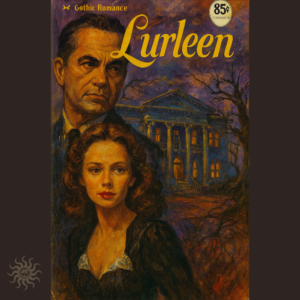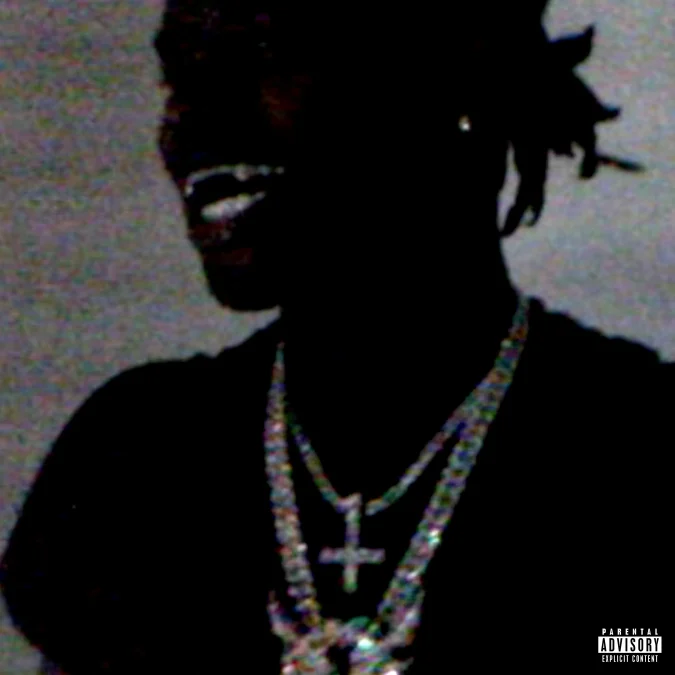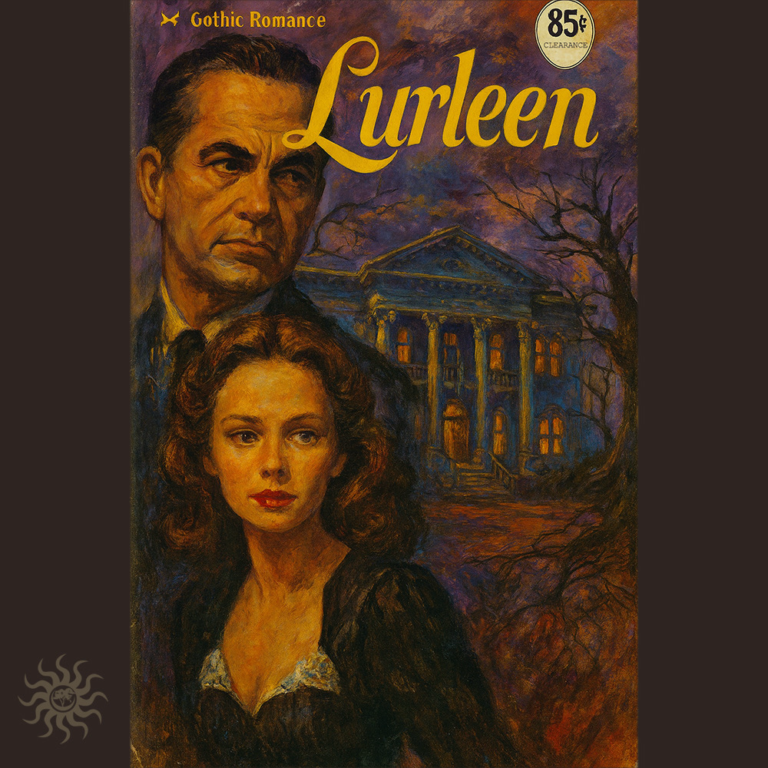In the realm of rap, Ken Carson has carved out a niche that extends beyond the beats and lyrics. Fans often find it challenging to describe his appeal, attributing it to a unique vibe and an aura of mysteriousness that transcends the typical rapper persona. Much like an enigmatic brand, Carson, associated with Playboi Carti’s Opium record label, has mastered the art of cultivating intrigue through associations and distinctive signifiers. Carson’s penchant for fostering an enigmatic persona involves unconventional moves, such as randomly deleting or archiving all his Instagram posts. Notably, he diverges from the typical rap music diet, opting for what he describes as “crazy shit” like the All-American Rejects. Fans even scrutinize his social media presence, attempting to decipher why he hasn’t been smiling as much. While maintaining an air of mystery is crucial, creative output plays a pivotal role. Carson’s musical journey has seen its highs and lows, ranging from a commendable emulation of his mentor’s groundbreaking “Whole Lotta Red” to forgettable clichés of muted and uninventive rage music.

However, Carson’s latest album, “A Great Chaos,” signals a departure from the expected script, positioning itself within one of contemporary rap’s dominant paradigms. Despite Carson’s reputation for having a discerning ear for production, where his biggest song “Yale” showcases a pulsating synthline with interspersed xylophonic notes, his prowess as a rapper has sometimes been overshadowed. Yet, in tracks like “It’s Over,” he demonstrates a more compelling use of language, choosing a Charles Dickens-esque narrative over a straightforward mention of designer pants fitting Opium’s aesthetic. What truly stands out on this album is Carson’s pacing, a facet that may have eluded him in previous efforts where he often stuck to a single gear. Tracks like “Geeked Up” from his 2020 EP “Boy Barbie” display his early knack for finding the pocket of a beat, infusing urgency into his verses. “Fighting My Demons” sees Carson channeling the most exciting cadences of his career into a maximalist, galactic swell. His lyrics, often delivered as if his nose hasn’t been clear for months, add a raw and visceral quality to the overall experience.
The glitchy undercurrent of “Pots” and the kinetic, self-contained body of water in “Paranoid” showcase the album’s meticulous production, offering a continuous ticker of hi-hat and snare rolls in “Overtime” that propels the music at a cinematic 60 FPS.Carson appears focused on delivering a maximalist spectacle, creating an immersive experience akin to occupying an IMAX theater in isolation or passing underground during a train ride.Listening to “A Great Chaos” over extended stretches may feel like a war of attrition. The expertly constructed production, though rigid, envelops listeners in an industrial soundscape that, after multiple listens, leaves a sense of emerging from a looped conveyor belt experience. While Carson’s fans may not dissect abstract notions of existence through his music, preferring to embrace the frenzied rhythm, the album, with its intriguing lines about MILFs, manages to pass the litmus test. “A Great Chaos” hits hard, resonating deep within the bones and reaffirming Ken Carson’s musical evolution.




















+ There are no comments
Add yours